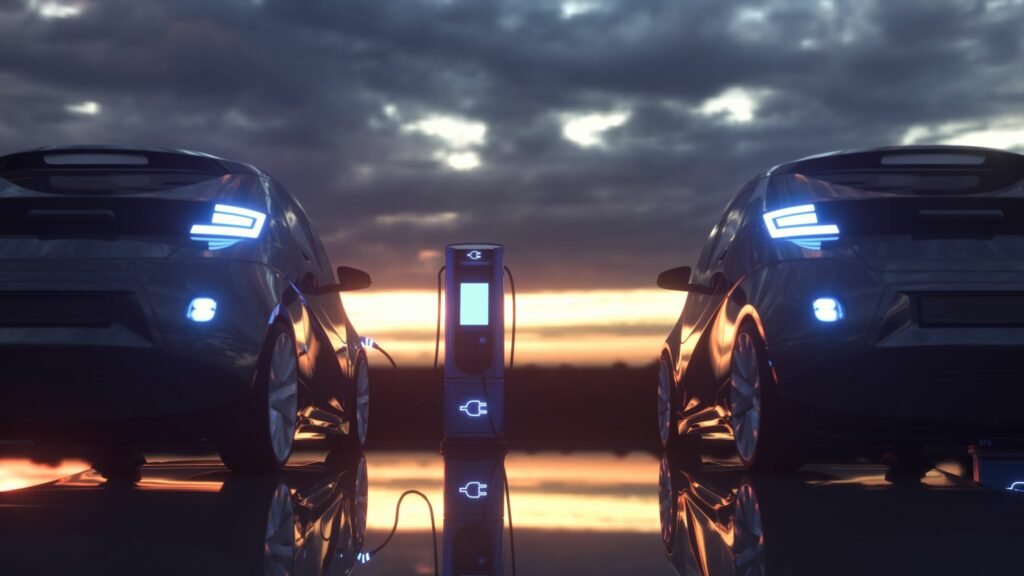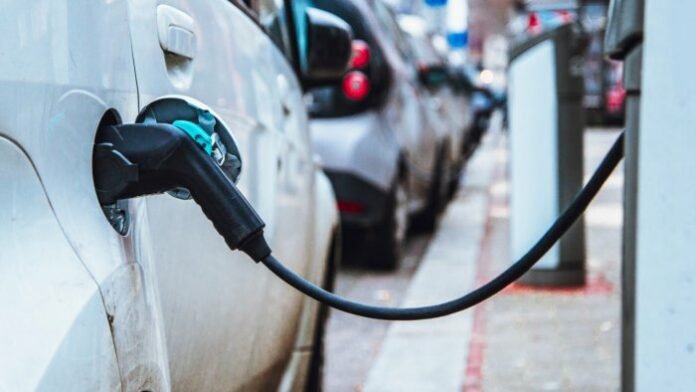The US-led Mineral Security Partnership (MSP), a grouping of 14 nations, has welcomed India into its ranks. The MSP intends to spur public and private investment in the world’s most important mineral supply chains.
India was welcomed into the grouping in a joint statement between India and the US that was released early on Friday. It reiterated the two governments’ commitment to “work together to ensure that our respective markets are well-supplied with the essential critical minerals” and “to hasten bilateral collaboration to secure resilient critical minerals supply chains.”
India joins the crucial mineral club led by the US: All You Need to Know
“The US enthusiastically embraces India as the latest partner in the MSP, to accelerate the establishment of diverse and sustainable critical energy minerals supply chains worldwide while agreeing to the rules of the MSP including social, governance, and environmental standards,” the joint statement read.
The inclusion of India becomes important in light of the fact that a major component of New Delhi’s growth strategy is driven by an ambitious shift in the mobility sector that involves the conversion of a sizable portion of both public and private transportation to electric vehicles. This emphasises the necessity of securing the supply of crucial minerals, together with a strong drive for semiconductor and electronics manufacturing.

Given that there was considerable unease within certain parts of the Union government across the country failing to secure a place in the strategic partnership that is also intended to reduce dependency on China for securing critical minerals, the proposal to accept India comes after an intense diplomatic push mounted by New Delhi. Concerns increased once Italy was added to the collaboration, which was first proposed in the middle of last year.
According to reports, the MSP considered 150 or so potential projects for collaboration before selecting twelve for further consideration. These projects include developing battery materials, fostering a vital forum for cooperation in the mining and metals industries, and jointly building a processing facility for minerals in South America. While there was a lot of interest in India joining the organisation, according to official sources, there was also discussion about some trade-offs involved among the government’s various departments. Australia, Canada, Finland, France, Germany, Japan, the Republic of Korea, Sweden, the United Kingdom, the European Commission, Italy, and currently India are all members of the MSP in addition to the United States.
At a time when it is anticipated that the market for electric vehicles will be susceptible to upheaval, India is considered a late mover in efforts to enter the lithium value chain. With multiple potential advancements to the Li-ion technology and alternatives to this combo in various stages of commercialization, the year 2023 may mark a turning point in battery technology.


